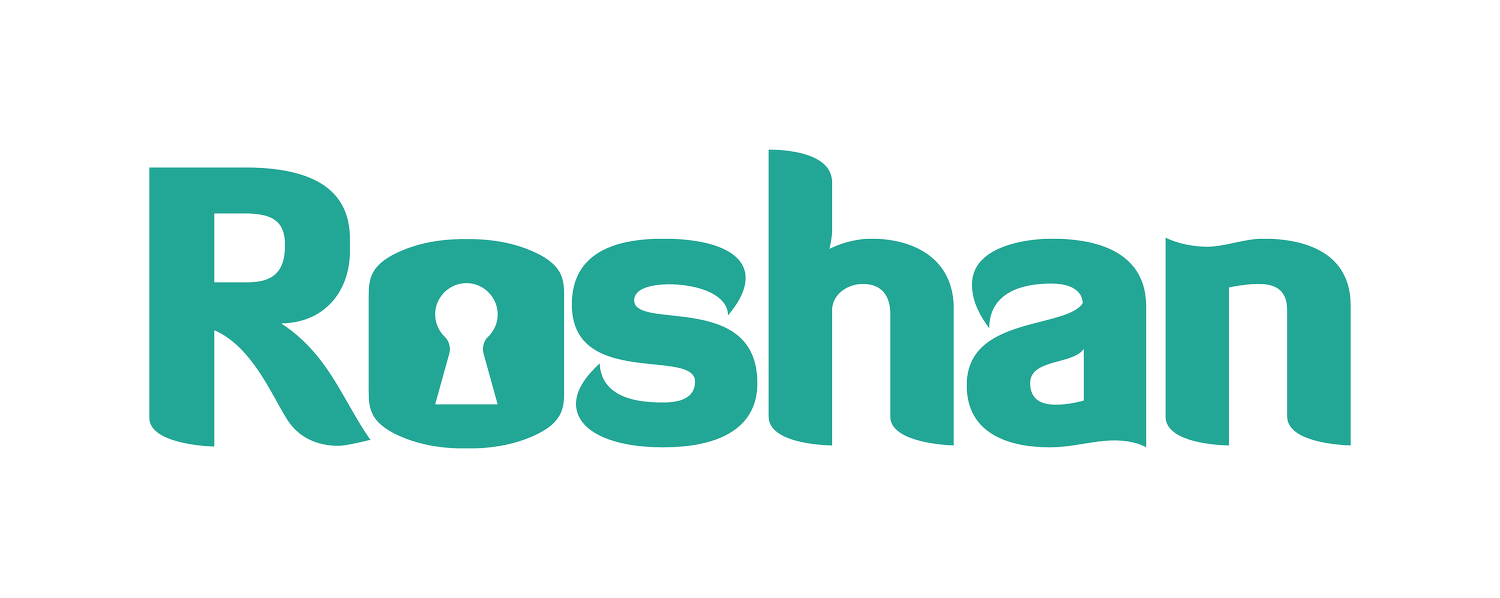A Phone Call that Planted the Seed: How Roshan got Started
My story starts with an afternoon phone call to my mom. I’m in the megacity of Jakarta, Indonesia, with its glorious chaos and vibrant people, where we had moved for my husband’s job, and my mother is in the Bay Area overlooking the twinkling lights of San Francisco. I’m explaining how awful it is that my children’s closest friends from Sunday school at our international church can’t go to regular school. They are not allowed to because they are asylum seekers and refugees, not welcomed in a country that struggles to serve its own massive population with limited resources. But these are our friends. They are the ones who dress up in a dog costume to make Finn laugh, the ones who play fairy dolls with Clara, and the ones who chase Tatum in games of Marco Polo in our small pool. They are the ones who make me cake in a rice cooker for my birthday. I’m explaining this to my mom, frustrated at the unfairness of this situation.
Then my mom asks me a question and I stop pacing around the dining room table. She asks, “Well, who could do something about this?” I stop because I don’t know and I do know. The government is responsible for educating its own citizens and will not help refugees. UNHCR, the arm of the United Nations responsible for refugees globally, has enough trouble doing its core job of reviewing cases and resettling people and cannot provide education. And aid agencies like USAID or AusAID are mandated to support Indonesian nationals only, not foreigners, so they cannot help. No one is responsible.
So perhaps we are responsible. We friends. We Sunday school parents and church neighbors. We who have a little disposable income. Maybe we are responsible. Perhaps I am responsible.
I hang up the phone and call my good friend Ashley. “Ashley, could you and Jayson put in a few hundred dollars every month, and Kevin and I will do the same? Between us, we could rent a space so that our refugee friends could put together classes so Kiarash and Kimya and the other refugee kids could learn to read and do math. Some of those moms were teachers in Afghanistan and Iran, they could teach the children if they had a space.” Ashley is in.
The next weekend after church, we ask our refugee friends if they would be interested. We assemble in the tiny library and explain the idea. Masoud offers to help us find volunteers from the refugee community who organize things and help teach. Three months later, on December 1, we open our doors to 33 students.
It turns out, opening the doors is the easy part. We hit our first snafu when I realize it is actually quite difficult to entice Westerners to volunteer when you don’t have a toilet. We have what I think in technical terms is called a “squatty potty,” which is basically a glorified hole in the floor. I am immensely relieved--can I say that? relieved?--when a British friend donates his toilet. What an excellent donation.
We hit our first true crisis a couple of weeks later when our principal, an educator from Iran, gets put in jail along with a dad from the program. Low-level local officials sometimes randomly knock on doors of refugees to collect bribe money; if they don’t get the money, which refugees rarely have, they lock them up. Our friends in jail ask us if we will pay it. Agonizing, we decide it will only encourage more of the same. Unwilling to pay and support the corrupt system, we sweat through sleepless nights wondering if we’re doing the right thing, wondering what will happen to our friends if we keep refusing to pay the bribe. Finally, after more than a week, the officials release them. Victory.
The doors reopen in January and as the program gets going, more families want to come. We quickly grow from 33 students to 60, but as the numbers grow, so do our costs. Ashley and I are now anxiously asking our parents and friends for help, and they believe in us and they believe in this cause. They see the images of fathers, faces crumpled in agony, carrying lifeless children onto the shores of transit countries, and they hear about our Roshan students and their courage, and they give.
In the meantime, I am changing between my World Bank high heels and the flip flops I leave at the door of Roshan when I enter to teach or run meetings. I am giving my children quick hugs goodbye and feeling guilty running back and forth between jobs. I make two banking errors in one week--and one of them involved adding an extra 0 to a transaction.
What am I doing? I ask myself. I am juggling two jobs and three tiny children. This is not working.
My heart pulls me towards the colorful floor mats, sticky-handed high fives, and goofy, sarcastic retorts of the high schoolers. My head pulls me to the analytical work of data analyses, policy recommendations, dressed-up meetings with cabinet-level ministers. My spirit pushes me to choose the ojek, the motorbike taxi that takes me to the learning center. My spirit is not pulling me into the shiny, black, air-conditioned car that takes me to the office. Can I actually give up what took me four years after my children were born and a visa run out of country to regain? Would I be crazy to give up a job at The World Bank for something that isn’t even a thing? We aren’t a “real school.” We are just moms and kids singing songs on a mat, barefooted teachers and teenagers from a shelter making up sentences in English. How can I give up the chance to work on policy for The World Bank?
Saturday mornings at Roshan bring special programs for the little ones: play time with international high school students from my own children’s school called Jakarta International School or JIS. An American girl named Sarah sits behind her laptop preparing for the morning games, and we chat. An Afghan woman, a widow with three young boys, sweeps the mat near us and I call her over to make introductions since her boys will be in Sarah’s group today. I ask Kaneez to tell us a little bit about her journey to Indonesia.
It was harrowing. Her husband, a policeman, was killed in a bombing, and she escaped with the help of a people smuggler; they were nearly caught and detained in a jungle in the Philippines when her youngest, from the back of a canoe, started to cry from hunger, fatigue and frustration. I see Sarah sitting quietly, not reacting, perhaps not listening, still planning the morning’s games. I’m secretly a little disappointed that Sarah isn’t giving Kaneez validating head nods or eye contact, since Kaneez is quite timid and this story is taking some courage. Kaneez continues, however, explaining with a smile how she loves Jakarta and loves coming to Roshan every day, being part of the volunteer team. She feels so lucky, she says, and chatters on for a bit more, then excuses herself to return to work.
I look at Sarah again, her face still impassive and her eyes down, but now there are tears streaming down her face. What’s wrong, I ask. “She feels lucky??” Sarah asks, rhetorically. “Her husband was killed, she had nothing to eat yesterday, she has three kids to take care of and no home, she cleans our bathroom, and she feels lucky? I can’t believe she just said that.”
Sarah pats her cheeks dry and I pat her arm. She takes a breath and takes up her duck duck goose responsibilities with a smile.
This is where my heart belongs. I quit my job at The World Bank on Monday.
Sarah and her JIS friends raise $10,000 for us that spring, and it keeps our doors open. And I know that while all the volunteers think that they are saving refugees from getting behind in school and from hopelessness, which is true, they are being saved right back. We are being saved right back. Our refugee friends are saving us volunteers and donors from our self-centered, affluent lives that need a serious dose of compassion and connection. They are showing us what courage, gratitude and joy look like. We have so much to learn from them. It’s a good thing there’s a school for that.




